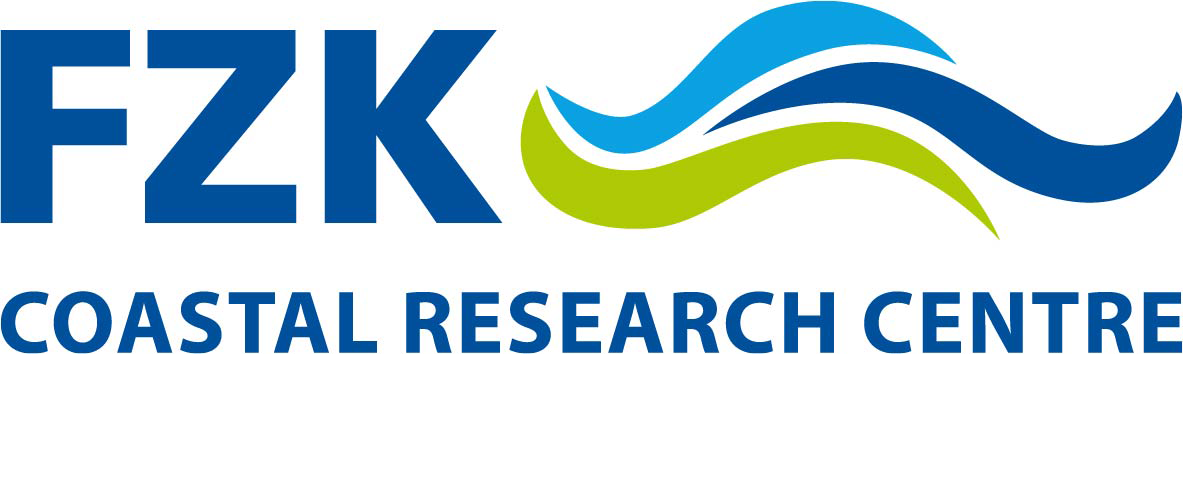STENCIL - Strategies and Tools for Environment-Friendly Shore Nourishments as Climate Change Impact Low-Regret Measures
| Led by: | Dr.-Ing. Stefan Schimmels |
| E-Mail: | schimmels@fzk.uni-hannover.de |
| Team: | Dr. Franziska Staudt, M.Sc. Gholamreza Shiravani |
| Year: | 2016 |
| Date: | 01-10-16 |
| Funding: | Bundesministerium für Bildung und Forschung (BMBF, FKZ: 03F0761) |
| Duration: | October 2016 - September 2019 |
STENCIL - Strategien und Werkzeuge für umweltfreundliche Sandaufspülungen als 'low-regret' Maßnahmen unter Auswirkungen des Klimawandels
Shore nourishments are carried out worldwide since several decades and are nowadays seen as an almost routine coastal protection measure. However, the recent paradigm shift to an Integrated Coastal Zone Management (ICZM) and to an Ecosystem Approach to Management (EAM) requires new concepts, models and tools for the implementation of more sustainable and environment-friendly shore nourishments. The joint research project STENCIL, which started on 1st October 2016, aims at making a first step towards the long-term goal of establishing an ICZM and EAM for shore nourishments. Joining the expertise of coastal engineers, geologists, biologists und toxicologists, STENCIL will provide improved tools and methods for the prediction of coastal hydro- and morphodynamics and assess the impact of dredging and dumping of sediments on benthic habitats and predators. With a focus on the German Wadden Sea the project is also in full agreement with “Wattenmeerstrategie 2100”. The application of field measurements, laboratory experiments as well as conceptual and numerical models will result in valuable data sets, improved prediction methods as well as process and work-flow studies to develop standardized operative observation, analysis and decision-supporting tools. Eventually, a strategy will be elaborated together with the coastal authorities for future planning and monitoring of shore nourishment projects as well as for the necessary future research activities towards environment-friendly shore nourishments as climate change impact measures.
